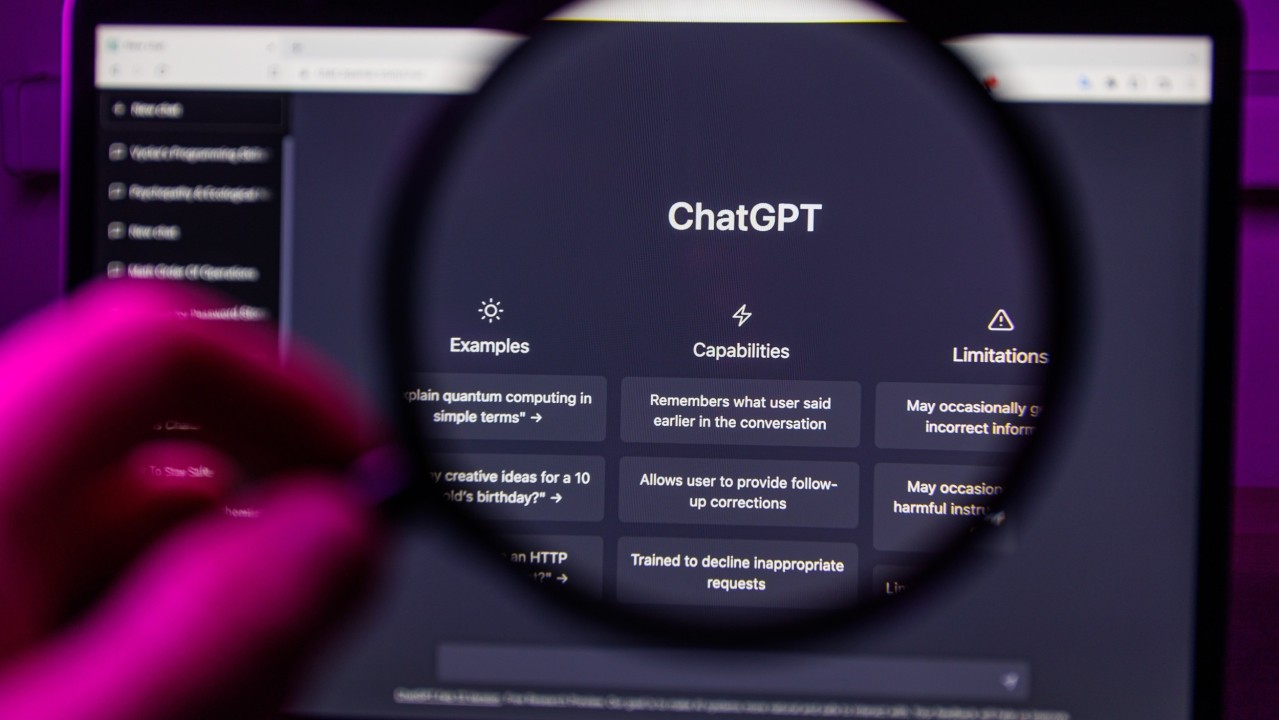News
The SEO Future: Predictive Analytics and AI Integration
The digital marketing landscape has been significantly transformed with the advent of artificial intelligence (AI). The implications of these developments are far-reaching, with one of the most significant changes taking place within the realm of Search Engine Optimisation (SEO).
SEO, which entails improving the quality and quantity of web traffic to websites from search engines, is taking a futuristic turn with predictive analytics and AI.
This article aims to examine the future of SEO, focusing on the potential of predictive analytics and AI integration.
The Current State of SEO
SEO has evolved significantly since its early days. No longer solely about stuffing keywords into content, modern SEO strategy involves an array of factors such as link building, technical SEO, on-page and off-page SEO, mobile-friendliness, and much more.
An important part of the SEO puzzle that is taking on increased importance is data analysis. Data-driven SEO strategies are becoming more common as businesses look to leverage large data sets to drive decision-making and improve outcomes. It’s no surprise that in the UK alone, 74% of companies believe that being data-driven provides a competitive advantage 1.
Predictive Analytics and SEO
Predictive analytics is the use of data, statistical algorithms, and machine learning techniques to identify future outcomes based on historical data. In SEO, this involves using historical data such as keyword trends, user behaviour, and competitor performance to predict future patterns and trends. Predictive analytics can offer profound insights into customer behaviour and market trends, allowing businesses to create more effective, targeted SEO strategies.
A good example of predictive analytics in SEO is forecasting the potential performance of specific keywords. By analysing historical performance and current trends, predictive analytics can provide estimates about how certain keywords might perform in the future. This allows businesses to be proactive in their SEO strategies, optimising for keywords that are likely to deliver the best results.
The Role of AI in SEO
AI has brought about several changes in how SEO operates. To begin with, search engines themselves use AI to improve search results. Google’s RankBrain, for instance, uses machine learning to better understand user queries and provide more relevant results.
From a digital marketing perspective, AI is being used in various ways to optimise SEO strategies. It’s being used to automate repetitive tasks, such as keyword research, and provide insights into vast amounts of data more quickly and accurately than humans could.
For example, AI can be used to create content that is specifically tailored to a target audience. It can analyse user behaviour and engagement to understand what type of content resonates with a particular audience and then generate similar content.
Another application is in link building. AI can identify potential link opportunities by analysing various factors such as domain authority, traffic, and relevance. It can also monitor the health of existing backlinks and alert businesses to any changes.
AI has the potential to make SEO more efficient and effective by automating repetitive tasks and providing deeper insights into data. According to a report by PwC, AI could contribute up to $15.7 trillion to the global economy by 2030 2, with a significant portion of that likely to come from increased efficiency and better decision-making in digital marketing and SEO.
Integrating Predictive Analytics and AI in SEO
The integration of predictive analytics and AI in SEO presents exciting possibilities. By combining the predictive capabilities of analytics with the automation and data-processing capabilities of AI, businesses can create more effective and proactive SEO strategies.
For example, predictive analytics can be used to identify emerging trends in user behaviour or market dynamics. AI can then use this information to automatically adjust SEO strategies to take advantage of these trends. This might involve adjusting keyword strategies, creating new content, or seeking new link-building opportunities.
Moreover, the use of AI and predictive analytics can help businesses to better understand their audience. By analysing user behaviour and engagement data, these technologies can provide insights into what content resonates with an audience, how they interact with a website, and what factors influence their decision-making.
These insights can inform content strategy, website design, and other elements of an SEO strategy, resulting in a more user-centred approach. Such a strategy is likely to lead to improved user engagement, higher conversion rates, and ultimately, better search engine rankings.
Future Trends and Implications
Looking ahead, the integration of predictive analytics and AI in SEO is likely to become more prevalent. The potential of these technologies to improve efficiency and outcomes in SEO is vast, and as they become more advanced, their impact will only grow.
One potential trend is the use of AI to create more personalised SEO strategies. By analysing user behaviour and engagement, AI can understand the preferences and behaviours of individual users. This could lead to highly personalised content and user experiences, which are likely to improve user engagement and conversion rates.
Additionally, as predictive analytics become more advanced, businesses will be able to make more accurate predictions about future trends and changes in the market. This will enable them to be more proactive in their SEO strategies, potentially giving them a competitive advantage.
The implications of these trends are significant. Businesses that fail to adapt to these changes risk falling behind their competitors. To stay ahead, businesses need to start exploring the potential of predictive analytics and AI in SEO, and how they can integrate these technologies into their digital marketing strategies.
The future of SEO lies in predictive analytics and AI integration. These technologies present enormous potential to improve efficiency and outcomes in SEO. By leveraging the predictive capabilities of analytics and the automation and data-processing capabilities of AI, businesses can create more effective, proactive, and personalised SEO strategies.





The Ultimate Social Media Guide
With the ever-growing power of social media, we use the latest techniques, video, and animation software to craft eye-catching social media assets that make your brand pop. Our designers, wielding Adobe Creative tools, create distinctive animations and graphics to illuminate your brand story and highlight your products or services. Want a unique design? No problem – we also offer bespoke designs to match your brand aesthetic.